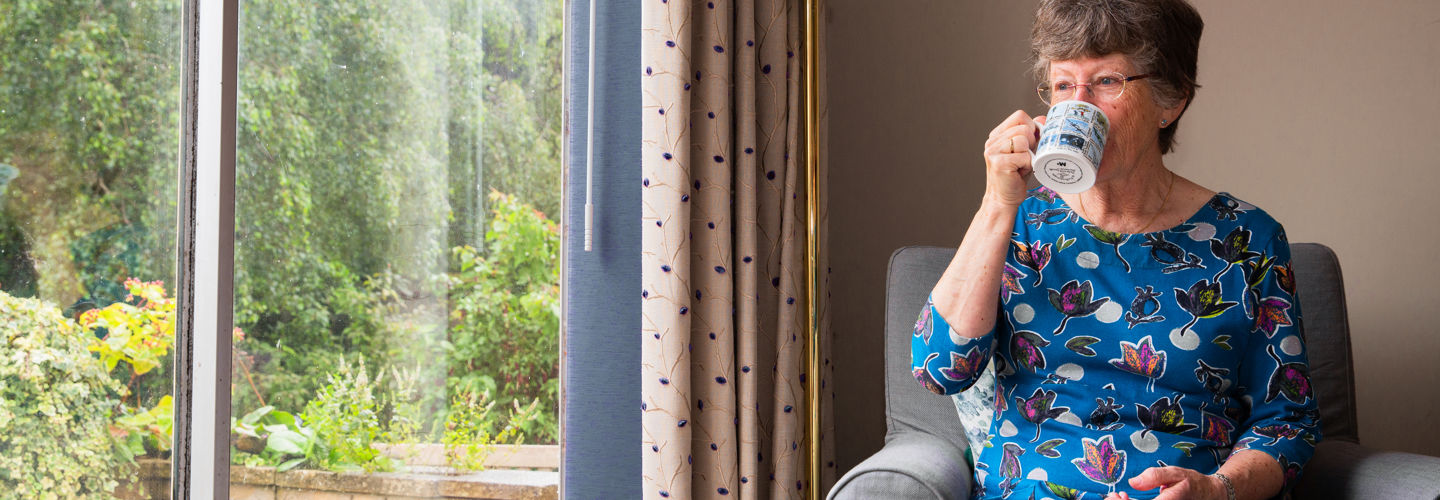
Helping Children Understand Dementia: Honest Conversations, Lasting Bonds in Salisbury & Andover
Published: 27/10/2025
When a loved one is diagnosed with dementia, the whole family feels the impact - including children. Whether it's a grandparent in Salisbury, a great-aunt in Andover, or a neighbour they've grown up with, children often notice memory loss and changes in behaviour long before adults realise. Without guidane, these changes can be confusing or even frightening.
Helping children understand dementia in a calm, age-appropriate way benefits everyone. It encourages empathy, patience and inclusion, and it helps children maintain a loving connection with their relative as the condition progresses.
Start with Simple, Honest Explanations
Children are naturally more resilient than we think. use clear, gentle language such as:
"Grandad has an illness that makes it harder for his brain to work properly. That's why he might forget things or get confused"
Avoid vague phrases like "lost their memory" or "gone a bit funny", which can create unnecessary worry. Reassure children that dementia is no one's fault and cannot be "caught" like a cold.
It can also help to explain that, while their loved one may not always remember names or recent events, they still feel love and happiness.
Encourage Questions and Listen
Invite children to ask whatever comes to mind:
"Why is Grandma repeating herself?" or "Why did she call me by the wrong name?"
You don't need all the answers. A warm response like,
"Grandma's brain sometimes mixes up memories, but she still loves hearing your voice,"
shows that it's safe to talk and share feelings.
Focus on Connection, Not Correction
Children can be wonderful companions. Suggest simple activities they can enjoy together, such as:
- Drawing pictures or colouring
- Singing favourite songs or nursery rhymes
- Looking through old family photo albums
- Playing a gentle game or puzzle
- Sharing a hug or holding hands
If Nana calls the dog by the wrong name, encourage children to simply smile and carry on. The goal is comfort and joy, not perfect accuracy.
Use Stories to Spark Understanding
Books are a gentle way to explain dementia. Local libraries such as Salisbury Library or Andover Library often stock children's titles, for instance:
- Grandma by Jessica Shepherd
- Really and Truly by Émilie Rivard
- The Memory Box by Mary Bahr
You can also create your own family "memory book" with drawings, photos and favourite moments to look through together.
Support Their Emotions
Children may feel sadness, confusion, embarassment or frustration. Let them know every feeling is normal:
"I feel sad sometimes too. it's hard when someone we love changes. But just spending time together helps more than you think."
Offer space for them to talk, draw or play out their feelings.
Children Bring Joy
Even in later stages of dementia, a child's laugh or gentle touch can spark recognition and calm. With guidance, children can respond with patience and compassion - skills that last a lifetime and create treasured memories for the whole family.
Local Dementia Support in Salisbury & Andover
If your family needs help, these organisations provide advice and activities:
How Right at Home Salisbury & Andover Can Help
At Right at Home Salisbury & Andover, our professional Care Assistants are experienced in dementia care and in supporting the whole family. We can:
- Provide companionship visits so children can join in safe, supervised activities
- Offer advice on explaining dementia to younger family members
- Support with personal care, routines and memory-friendly activities
Call us on 01722435615 or email salisbury@rightathome.co.uk to talk about dementia care and family support across Salisbury, Andover and the surrounding villages.
